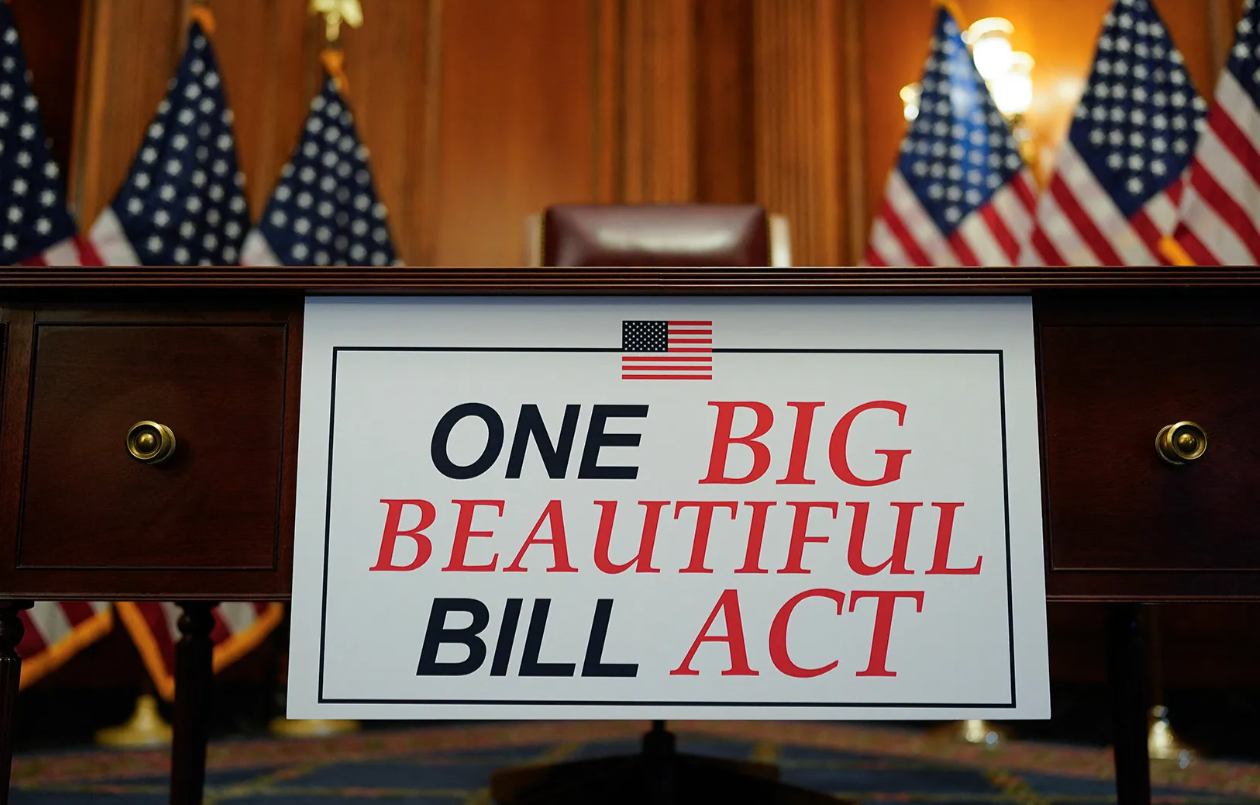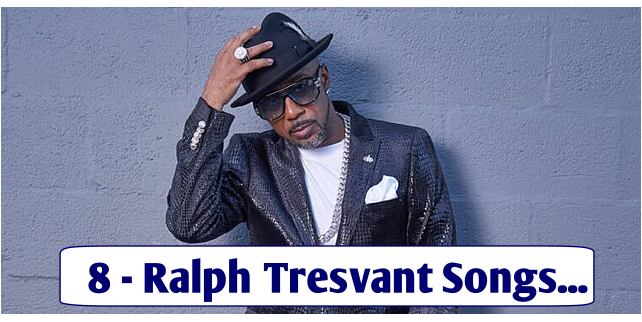(ThyBlackMan.com) The internet is a hotbed for hoaxes. Today’s hoaxes take place in the form of fake news that gets spread via social media. Sure, things are being done to tackle false narratives on Facebook and Twitter users tend to be proactive in calling stuff out but stuff still gets around. Sometimes it floats over from Twitter after going over like a fart in church there and takes root on Facebook.
In a time before social media networks were as big as Facebook and Twitter are today, hoaxes spread through email and message boards. A lot of them are outrageous if you read them today but at the time, they spread and some became urban myths. Hoaxes are still around today, taking shape in the form of phishing and other nefarious means.
Here are five email hoaxes that are still around today. They don’t have the same impact as they did in the late 90s and early 00s but they manage to put up from time to time. See which ones you’ve heard of or heard of recently.
Bank and Inheritance
This is a classic one that had its heyday during the 2000s. Your normal reaction might be to just flat out delete them once you see the subject—they’re damn blatant—and carry on with your day. Unfortunately, there have been people who have gotten got by this scam. It’s the bank and inheritance scam.
You might know it better as the Nigerian fraud scams, given the name after being rings in the country being fingered in sending them out. There was even an episode of Dateline where Chris Hansen went to Nigeria to follow one fraudster. These emails normally start off by telling you that a relative died there and left you a hefty inheritance in one of their banks.
They need your help to make sure you get the money but you’re going to need to send some money. Often times, it’s thousands they need for fees and the like. If it’s not a relative then it’s royalty giving away money. I mean, what are the chances that would actually happen? And why would they send it to you of all people? Skip over this one if you see it, don’t even get hopeful. There’s no come up there.
Today, emails with this scam or any similar wording—the wording is still roughly the same after two decades—are usually labeled spam. I’m just amazed fraudsters still send these out but they must still get bites even with all the information and warnings out now.
You’ve Won the Lottery
Whenever there’s a lottery, news gets around. I live in Alabama and we hear about Georgia’s lottery all the time. Hell, we even hear about lotteries outside of the region. If there’s a lottery in another country, news will float over. In short, lotteries are a pretty big deal and you know if you entered one or not.
So, when you get an email stating you’ve won the lottery or you’ve been selected as a winner just toss it out. It shouldn’t even be in your inbox anyway since it’s a scam that has been around for years. Yet it manages to pop up with almost the same frequency as those bank and inheritance scams.
The kicker is that these look like the least official emails to notify you of winning anything. Never open it. As a matter of fact, open nothing that looks weird or that you know you didn’t sign up for.
Your Apple ID Has Been Deactivated
This is a somewhat recent one. You basically get an email telling you that your Apple ID has been deactivated. It looks like a straight up email from Apple and asks you to click on a link to reactivate it or to receive support. One lands in my inbox a week and it’s like “Seriously?”
Click on nothing. If you don’t have an Apple ID then ignore it off the bat. On the flip side, if you have an Apple ID go sign in just to test it. Even better, delete the email if you were just using Apple Music or iTunes. It’s a sneaky hoax, a little work was actually put into this one and the folks sending it out have likely gotten quite a few bites. People who don’t even have an iPhone or iOS device might have an Apple ID for whatever reason so they cast a wide net.
Don’t be one of those who take the bait.
Your Order Has Been Canceled
Depending on who sends it, this Amazon scam either looks really trash or very official. What you get is an email telling you that your recent order—complete with the order number that Amazon does—has been canceled. It’s a phishing scam that works if you click on anything in the email. Sometimes there’s an attempt to get you to sign into a fake Amazon site and other times you’re sent somewhere else to purchase whatever—usually the opposite of what the email said was canceled.
My thing is how much some of those fake Amazon email look like actual ones that would be sent to you. That’s some attention to detail. Now, the really bad looking ones have errors and might start with “Mr/Ms” before getting into whatever. The spacing is all bad and honestly, Amazon doesn’t hit you with “Mr/Ms” in their emails. It’s whatever was entered in the recipient for packages. Sloppy work.
Free Gift Cards
This can be something of a tricky one. You might actually be a member of some kind of rewards program that gives free gift cards or deep discounts on stuff. Or you might have subscribed to a store or service for updates. However, looking at the email’s subject line is something of a dead giveaway for me. If there’s just too much going on there to get my attention, I’m cautious of it.
I wouldn’t say this is the only thing you need to go with. Keep in mind if you didn’t sign up for it, don’t bother with it.
Staff Writer; M. Swift
This talented writer is also a podcast host, and comic book fan who loves all things old school. One may also find him on Twitter at; metalswift.

















Leave a Reply